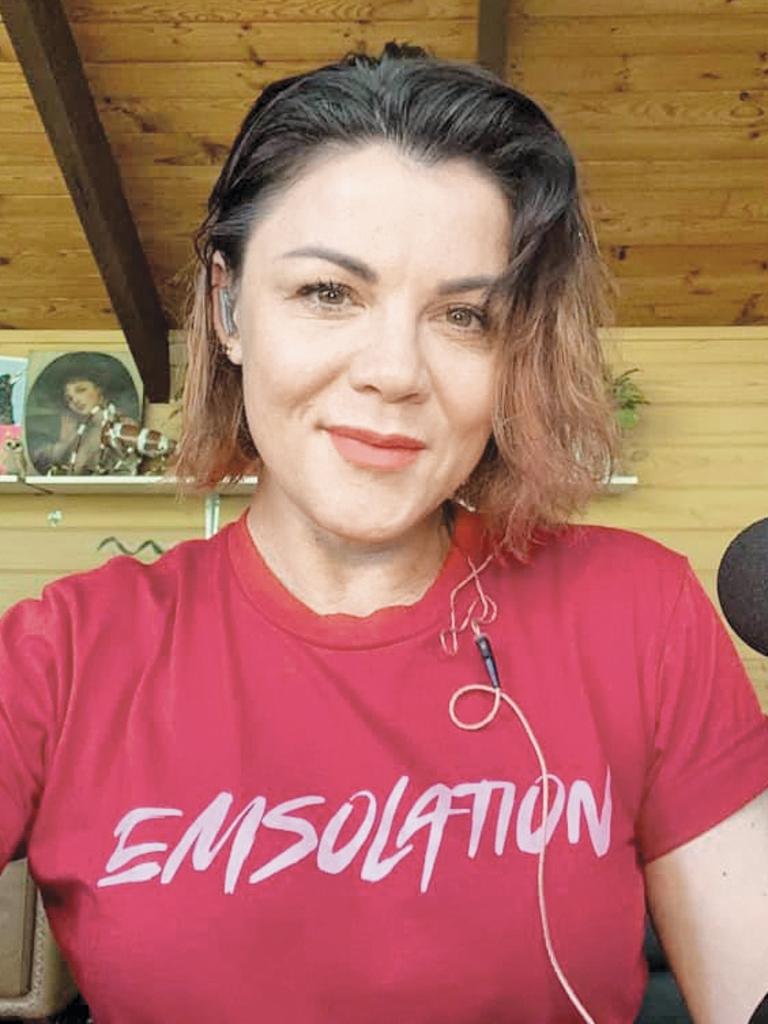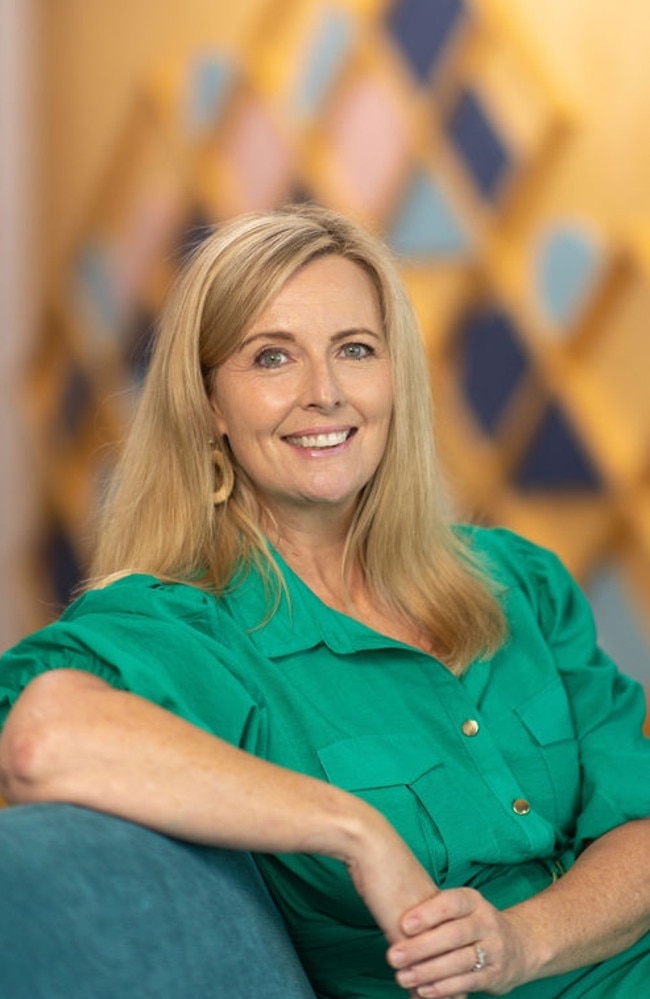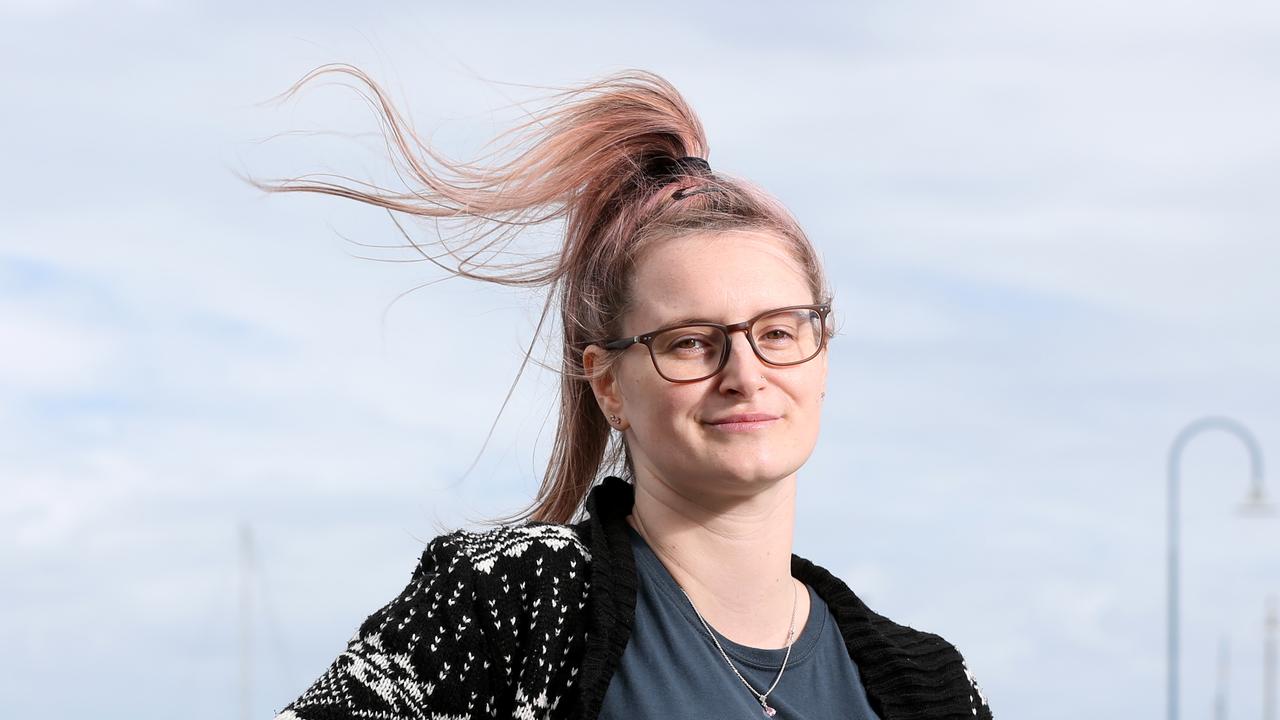New clinic helping adults with ADHD who masked the problems
Once considered a disorder reserved for rowdy boys, adult ADHD sufferers are crying out for help. Now a Senate inquiry is investigating the need for better services.
QLD News
Don't miss out on the headlines from QLD News. Followed categories will be added to My News.
As demand for adult ADHD services blows out in Queensland, a Senate inquiry is investigating the need for better services and Medicare funding for the often misunderstood and undertreated condition.
Once considered a disorder reserved for rowdy boys, shock data shows that of the 1.5 million prescriptions administered under the Australian Pharmaceutical Benefits Scheme between 2020 and 2021 only 4.2 per cent of those prescriptions were for children.
Over the last couple of years there has been an explosion of interest in attention deficit hyperactivity disorder beyond childhood, powered by social media and the hashtag #adhdtiktok.
ADHD videos on Tik Tok have received more than two billion views and Australian celebrities have revealed they have received an ADHD diagnosis in their adult years.


Experts at a new pioneering Queensland clinic, that is a one-stop-shop for treatments for adult ADHD, report that the centre was born from a huge surge in demand and many patients say they sought help because young relatives had watched the Tik Tok videos and encouraged them to get checked out.
Television and radio personality Abbie Chatfield was diagnosed at 26 and had been outspoken against claims that the rising numbers of cases are simply a fad — a social media trend.
Radio star Em Rusciano and Mamamia founder Mia Freedman have told of their journeys to a diagnosis in later life.
It was once believed that children outgrew ADHD but is now clear that a third to a half of children with ADHD continue to be impacted into adulthood.
One in 20 Australians are living with the condition.
The pioneering clinic Omega Wellness Centre has opened in Springfield and the centre is revolutionising treatment with clinical psychologists, mental health nurse practitioners and adult ADHD coach all under the one roof.
Omega Mind Clinics Director Jasvinder Singh said innovative health services for people living
with adult ADHD were part of a recent expansion of the clinics to meet growing demand for
mental health services within the rapidly transforming Health City precinct in Greater Springfield.
The clinic’s ADHD coach Bec Thompson, who is living with ADHD, also has three children, all diagnosed with the condition.
“For people living with adult ADHD, the impact on their lives and the lives of those around them is significant, leading to low self-esteem, troubled relationships, and poor work performance,” she said.
“What we see is as life demands go up, you marry and have children and start working, it comes to the forefront. It shows up as you start having difficulties in relationships and jobs.”
In Federal Parliament, the Senate has given formal support to a Senate inquiry into ADHD
assessment and support services, which are not currently covered under Medicare of the NDIS.
Ms Thompson said policy interventions and improved accessibly and outcomes for people with ADHD in the community were long overdue.

“The most typical person presenting with adult ADHD is in their 40s and 50s and they have learned to mask a lot of their behaviours through perfectionism, but they are suffering from low self-esteem and burn out,” Ms Thompson said.
“These people are struggling to cope with life. Often through the process of their children or
grandchildrenʼs diagnosis, they are recognising similar traits and this sparks their journey of
discovering that they too have ADHD,” she said.
Queensland Professor Brett Emmerson from the The Royal Australian and New Zealand College of Psychiatrists (RANZCP) told The Courier-Mail that the extent of the problem in the state is likely to be underestimated.
“Services are hard to come by in the public system and I welcome the Senate inquiry that will result in help for adults with the condition,” Prof Emmerson said.

DANICA CLAYTON: FINALLY I CAN TAKE THE MASK OFF
My childhood school reports would always include a remark along the lines of “she needs to apply herself more,” as if that was something I knew how to do. I always appeared as a conscientious student, when in reality my notes were scribbles.
I was ashamed of my inability to focus. I masked what I could to appear “normal,” but it wasn’t easy. I was used to feeling like a failure and I never considered a life where my faults could be superpowers.
I completed university, somehow. I couldn’t complete assignments until the last possible moment. It’s like my internal instruction manual didn’t activate until the adrenaline of a deadline kicked in.
I spoke to a psychologist about my struggles just before my 30th birthday in April last year, and she agreed, it was worth booking an ADHD assessment with a psychiatrist.
It was three months until I was able to see the psychiatrist. I had found my childhood reports, and had attempted to informally interview family members because I needed to “prove” I wasn’t making this up. He suggested I try Vyvanse for a month and gave me a script. It was around $130 for a month’s supply.
After only three days on it, I felt like a switch had been flipped. I didn’t feel useless, or lazy, for the first time in my life.
“I may actually be a functioning human being,” I told a friend.
I was aware of my looming follow-up appointment in September. Vyvanse worked. What if the psychiatrist told me it was all in my head and I didn’t actually have ADHD?
Terrified, I told the psychiatrist about my experience with Vyvanse. I immediately was relieved when he said I fit the criteria for ADHD. I was told medication would only cost $42.50 a month, due to the PBS co-payment at the time.
When I heard those words “retrospective diagnosis,” I had never felt more acknowledged. It all just clicked. It took 30 years, but I could finally remove the mask. Nobody should have to suffer in silence




